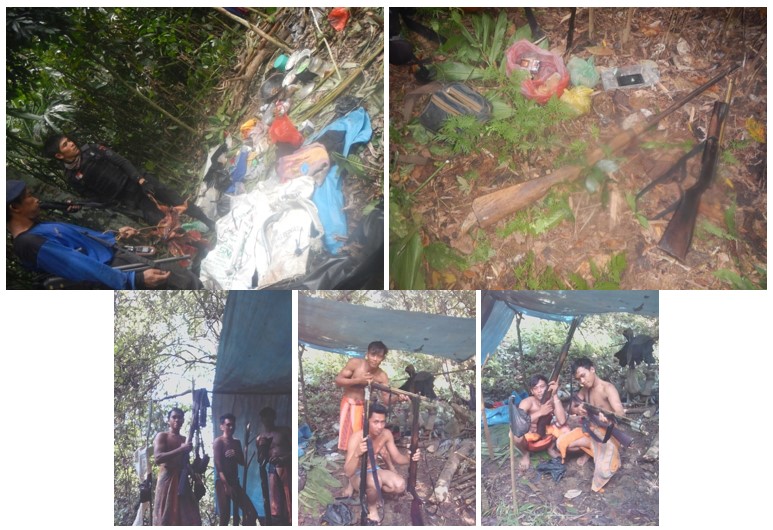AGP has run and managed TWNC successfully for a respectable amount of time, still there are many challenges still facing AGP in regards to our efforts to save wild life and the environment.
Some of these challenges are suspected to have begun many years ago, during the severe deforestation period.
The clearing of the forest area gave the opportunity for Mantangan (Merremia peltata) an invasive species of flowering vine that spread aggressively and cover the leftover trees and subsequently killing them.
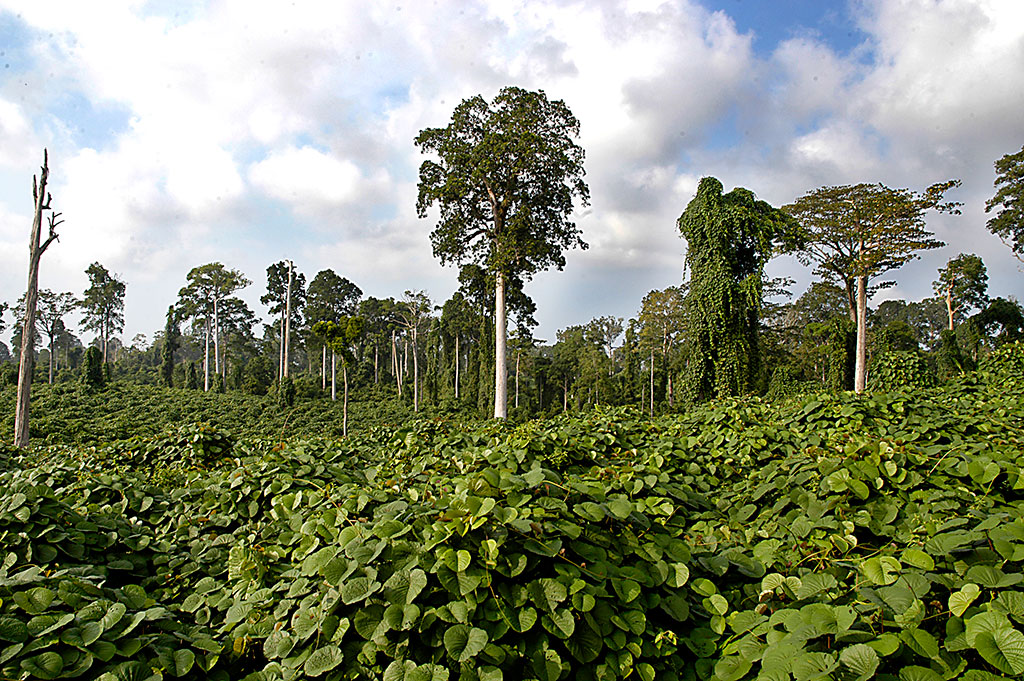
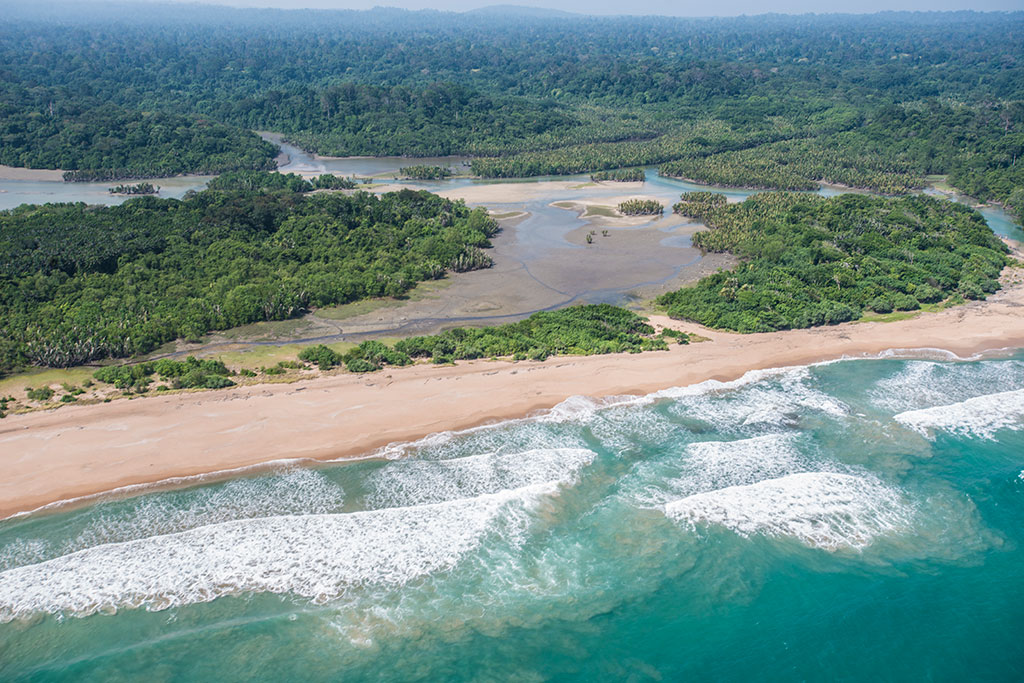
Besides Mantangan, we are also facing great challenge of TWNC coastal area that is being eroded, as much as 20 meters since AGP started to manage TWNC.
As a country which is blessed with the heritage of the 3rd largest tropical rainforest in the world, Indonesia must rise to the challenge of saving and restoring the forests for the benefit of not only its population, but for all the world’s future generations. TWNC is a conservation area that makes up only a small part of the Indonesian landscape, but AGP is determined to make it a shining example of what caring and nurturing people can do to protect and preserve the nature.
Tambling Wildlife Nature Conservation is just a small example of conservation effort is trying to reduce damage caused by irresponsible human action and global warming. TWNC have already planted well more than 100,000 trees since 2002 to ensure that nature gets a second chance to bounce back to it natural stage.
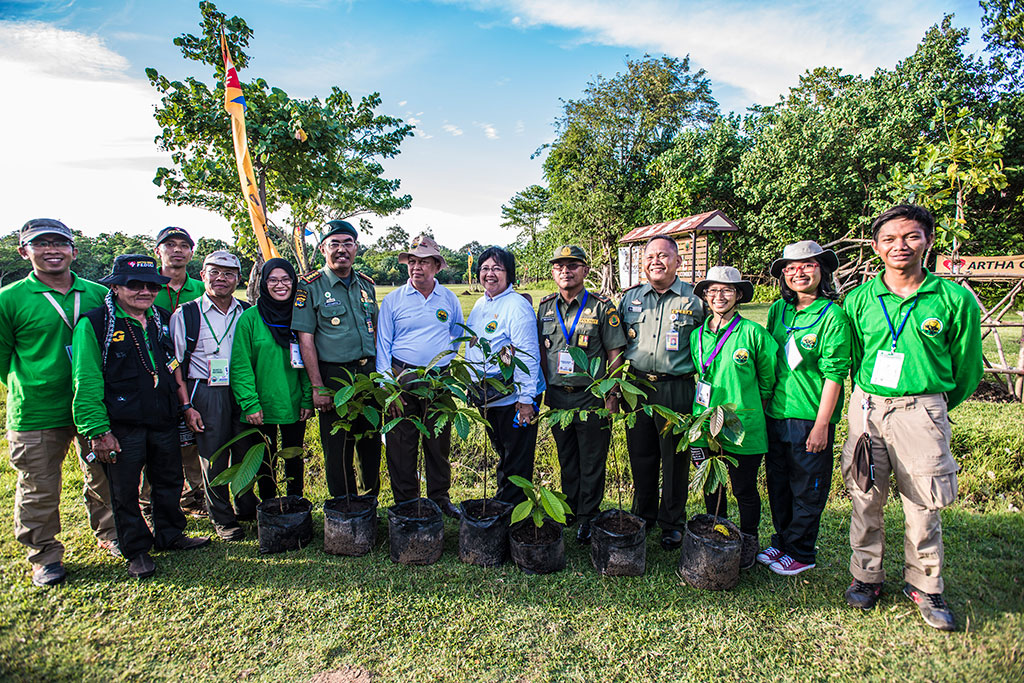
TWNC fight against poaching, illegal logging, and encroachment, illegal fishing, happened until now. Poaching is the most serious problem which still happen until now. TWNC team found animal carcass left by the poacher such as sun-bear and sambar deer. On the 2016, the sun-bear was left without teeth, nail, and bile in the forest.
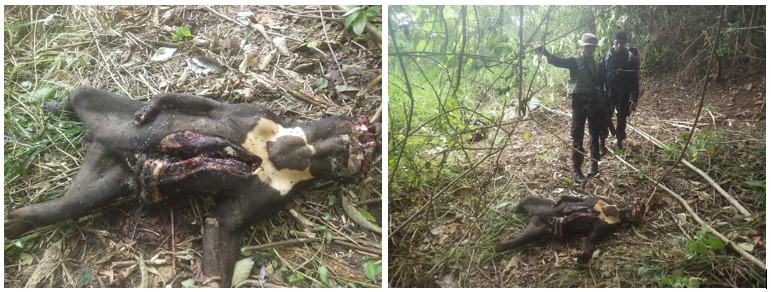
Illegal fishing; 2015 TWNC catches a fishing boat in TWNC marine reserve. This boat brought potassium and explosives to fish.
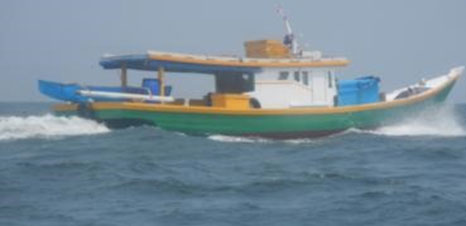
12 KM of roads and clearance of 30 hectares to make a shrimp ponds in the area between forest conservation and marine reserve in TWNC. This will be a significant impact on the sustainability of the forest and marine reserve since now people have a highway to access the area. The latest patrol mentioned high number of snares found in the northern part of TWNC, especially near enclave village Way Haru. Most of the snares are for big mammals such as deer, rhino, even tiger.
Access road through national park
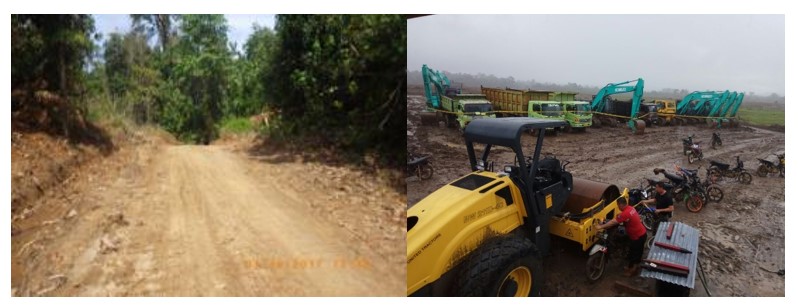
Active snares & Poachers camp with traditional guns to kill our wildlife
